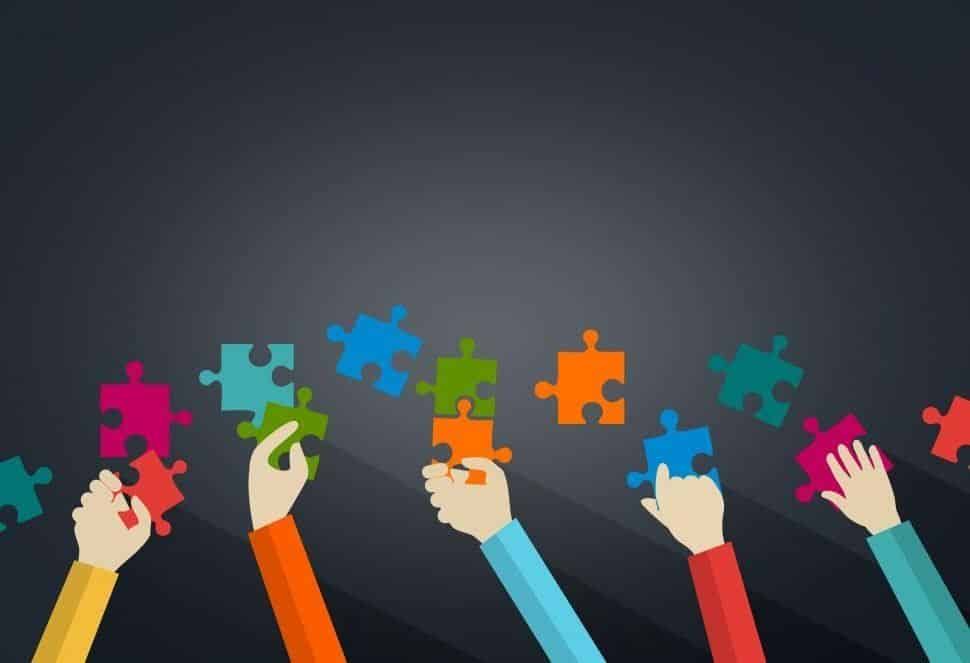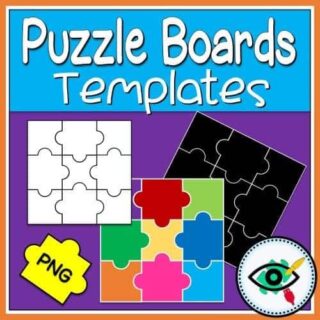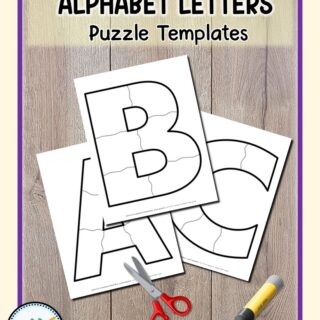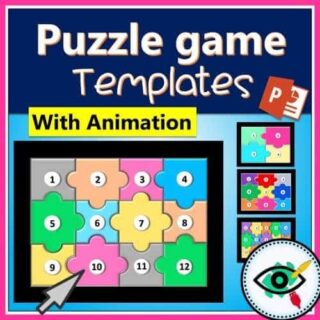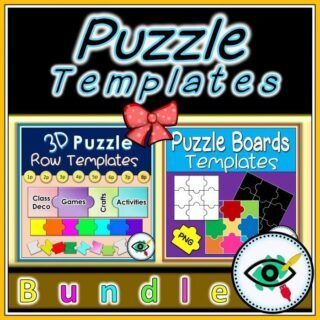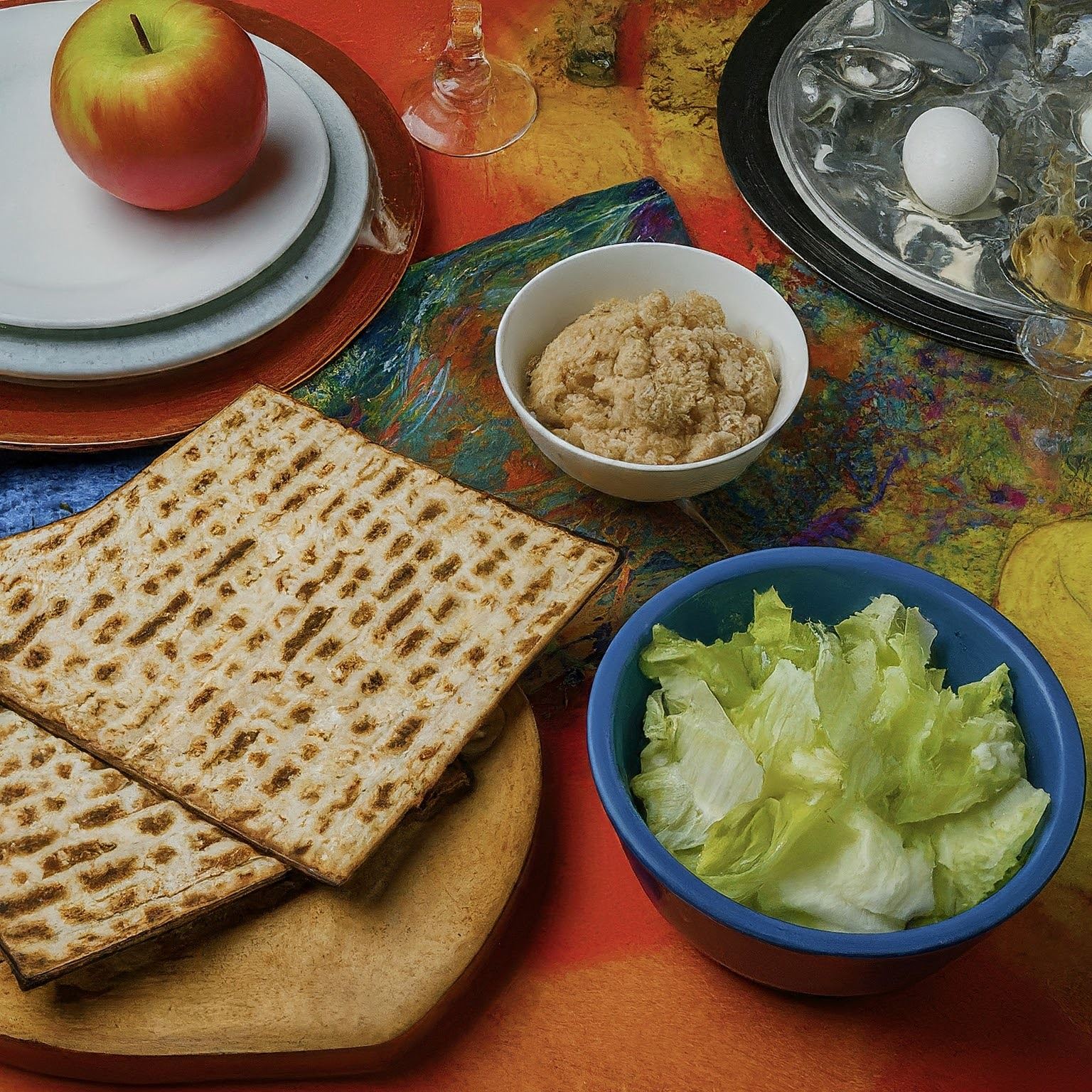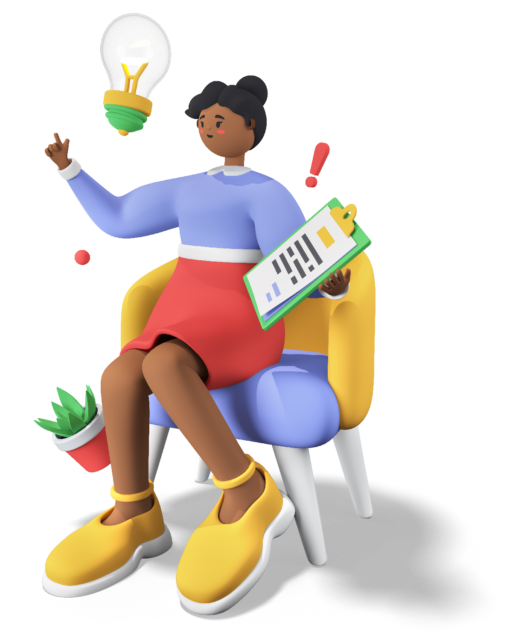Using Puzzles in the Classroom
When is the last time you sat down to complete a jigsaw puzzle? Has it been a while, or are you a puzzle pro? Have you ever used puzzles in the classroom?
Many people think of puzzles as just a fun way to fill time, but they actually help children build important skills. That’s why they are great for lower primary students, although children of all ages can benefit from using puzzles in the classroom.
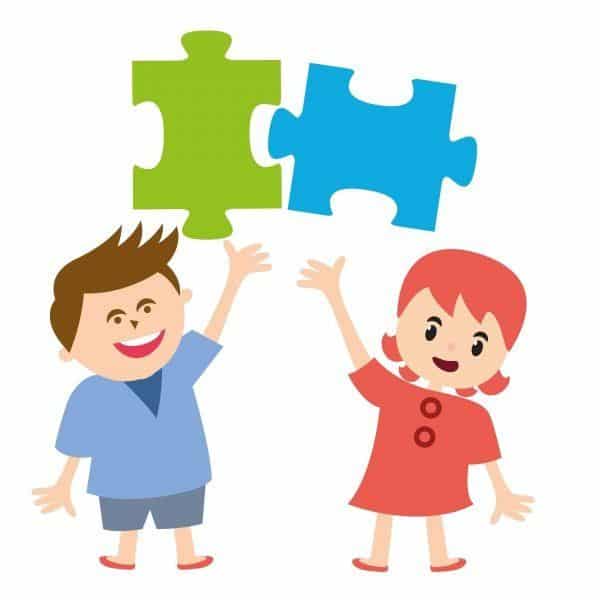
What skills does the puzzle teach?
- Physical Skills
Both gross and fine motor skills are required to make pieces fit, and important connections are being made about spatial relationships. Puzzles are one of the best activities to promote excellent hand-eye coordination. - Cognitive skills
Children develop important problem-solving and reasoning skills as they work to solve a puzzle. They are also developing memory skills as they remember which pieces go where. - Emotional skills
Children learn patience and perseverance as they work to complete the puzzle. They feel a great sense of accomplishment and self-esteem from achieving the end result of a fully completed puzzle. - Social skills
When children work on a puzzle with an adult or another child, they are honing necessary social skills. They negotiate about which piece goes where, they communicate with one another, and they learn to take turns appropriately.
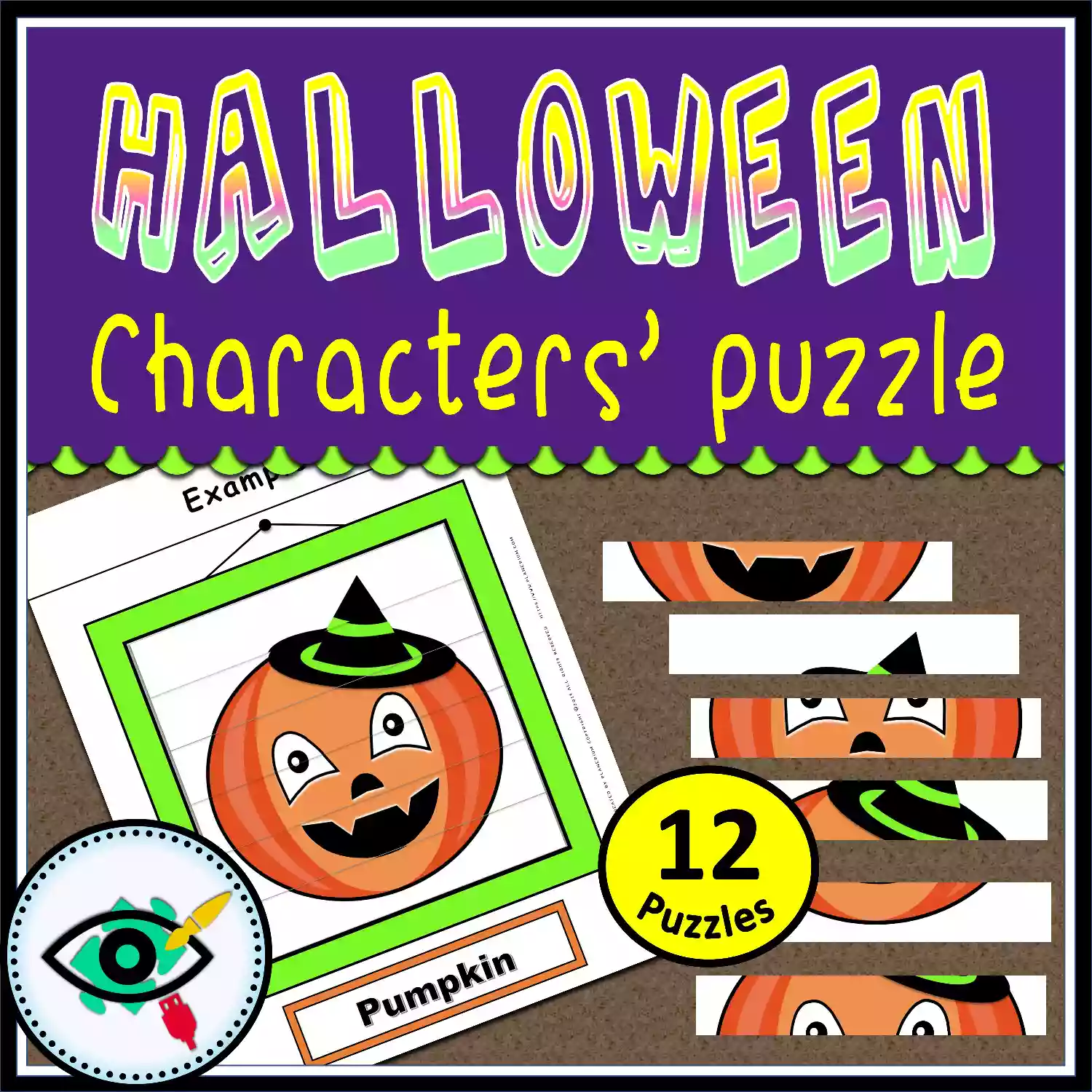
If you’re a teacher like me, that list above probably has your head spinning – in a good way! Each and every one of the skills mentioned above is important to classroom teachers, and we are always striving for new and interesting ways to help our children develop those skills.
Classroom Benefits of Jigsaw Puzzles
There are so many benefits, which is why puzzles are popular for all age groups, from young toddlers through adulthood. Whether you use the puzzles to assemble a beautiful picture or to teach shapes, letters, or concepts, I guarantee there’s a place for puzzles in your classroom. Not sure where to start your puzzle library? Planerium has a lot of options to get you started! We also have several engaging educational games to add to your collection. Read more about why games make a great learning tool here.
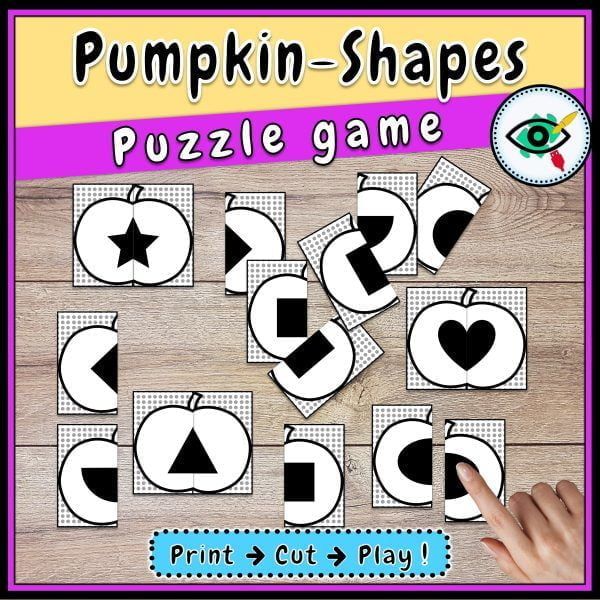
These are my 7 favorite reasons to use jigsaw puzzles in the classroom
- When students work together on puzzles, they learn teamwork, cooperation, and sharing.
- Puzzles help with memory and recall. They are excellent for teaching new concepts and facts.
- Assembling puzzles is a low-stress and fun way to familiarize kids with concepts they need to memorize.
- Jigsaw puzzles are a constructive way to keep kids quiet and focused.
- Children feel a sense of satisfaction when they fit the pieces together, giving a much-needed boost to their confidence.
- Puzzles don’t require instructions or rules. Students can sit down and work on them for a few minutes at a time, any time.
- Puzzles are a productive and meaningful way to fill up free time. Students can tackle puzzles for a few minutes at the beginning or end of class. Those who finish their work early can spend a few minutes fitting pieces together while others catch up.

